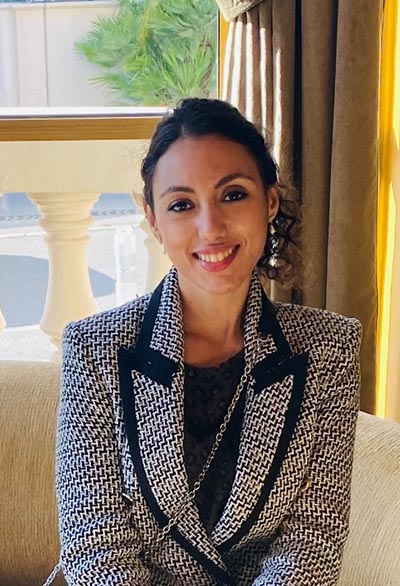Diversity in Sciences Makes Science Better
Written by Dr. Namya Mellouk

How this central part of ourselves gives rise to the vast complexities and capabilities of the mind. The brain is capable to compose the most beautiful piece of music or lead an empowering debate on human rights. It can even create the tools that will allow us to visualize the stars in the galaxy and living cells before they become a human being. Even more profoundly, our brain is able to create tools to see and study itself. In fact, all the knowledge accumulated is possible because of the human mind.
For years, scientific research correlated the size of the brain with the level of intelligence and society used this argument as proof of women’s inferiority. Fortunately, advances made in neuroscience dispelled this myth and actually, emphasized the need for a deeper interest in studying the female brain.
In this ailment, Janine Austin Clayton, M.D., Associate Director for Research on Women’s Health and Director of the Office of Research on Women’s Health at the National Institutes of Health (NIH), led the NIH initiative to apply a policy requiring scientists to consider sex as a biological variable across the research spectrum to enhance reproducibility, rigor, and transparency.
In fact, differences between male and female brains can be beneficial in many aspects. In the context of science, it has been shown that diversity precedes opening the door to new discoveries and increases the success of innovative scientific investigations.
We could have thought about this reasoning way back in time when the famed woman scientist, Marie Curie, brought her ingenuity into a male scientific world. She is one example among others to show that gender diversity drives scientific discovery and by her action, she left the door open to the next generation of women in STEM in light of Hayat Sinfi.
Hayat Sindi is a Woman in STEM from Saudi Arabia. She truly believes and has put a lot of effort to show that science was born to solve problems and to help human beings have a better life. Basically, her message is that “with the talent of science and innovation we can solve all problems”. She graduated from King’s College London in 1995 and was the recipient of the Princess Anne’s Award for her undergraduate work on allergies. She was the first Saudi Arabian woman accepted into Cambridge University and where she got her Ph.D. in biotechnology. She is also the first Persian woman who got a Ph.D. in this field. She then became a visiting scholar at Harvard University where she was promoting education for young people. She is the CEO of three companies (Diagnostic for all, Sonoptix, and i2) which aim to make accessible diagnostic and therapeutic solutions to devastating diseases around the world. In 2012 it became a UNESCO Goodwill Ambassador. She started to serve for the Saudi Arabia Consultative Council in 2013. She received the Leadership in Civil Society prize in 2014 and continues to serve the scientific community until now.
She is only one example that a person’s religion, color, or gender has no bearing on scientific contributions. We could have listed many more and you, who are reading these lines, are part of diversity. Many sources were used for this blog including articles from National Geographic Society, PNAS, Nature, UNESCO, The Nobel Prize Organization, and NIH.
Dr. Namya Mellouk is a junior faculty at the French National Research Institute for Agriculture, Food and Environment (INRAE). She currently studies the genetic and epigenetic programming during ovarian differentiation.

